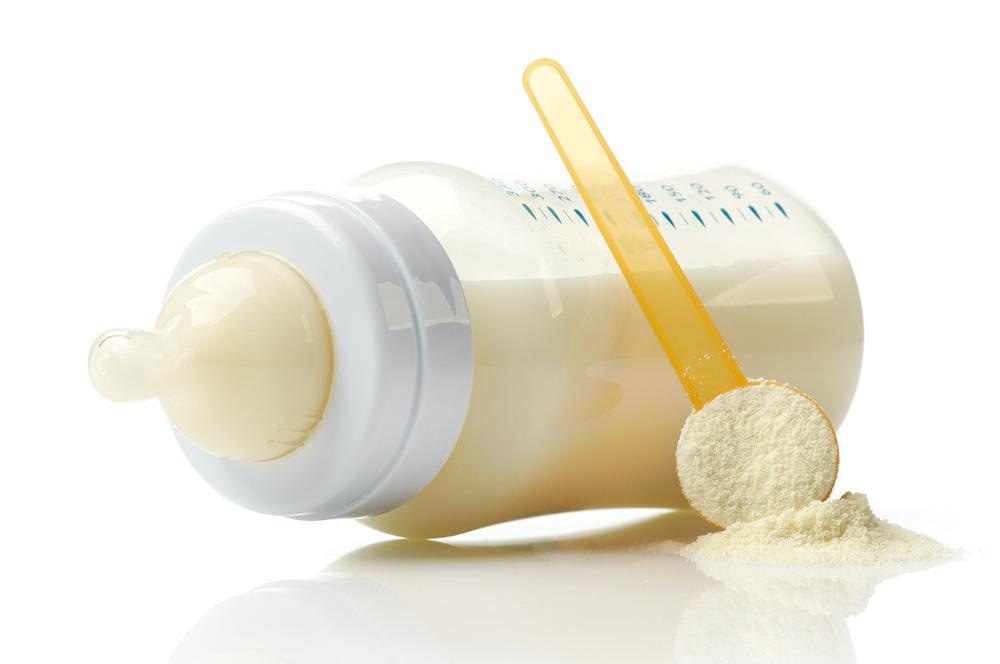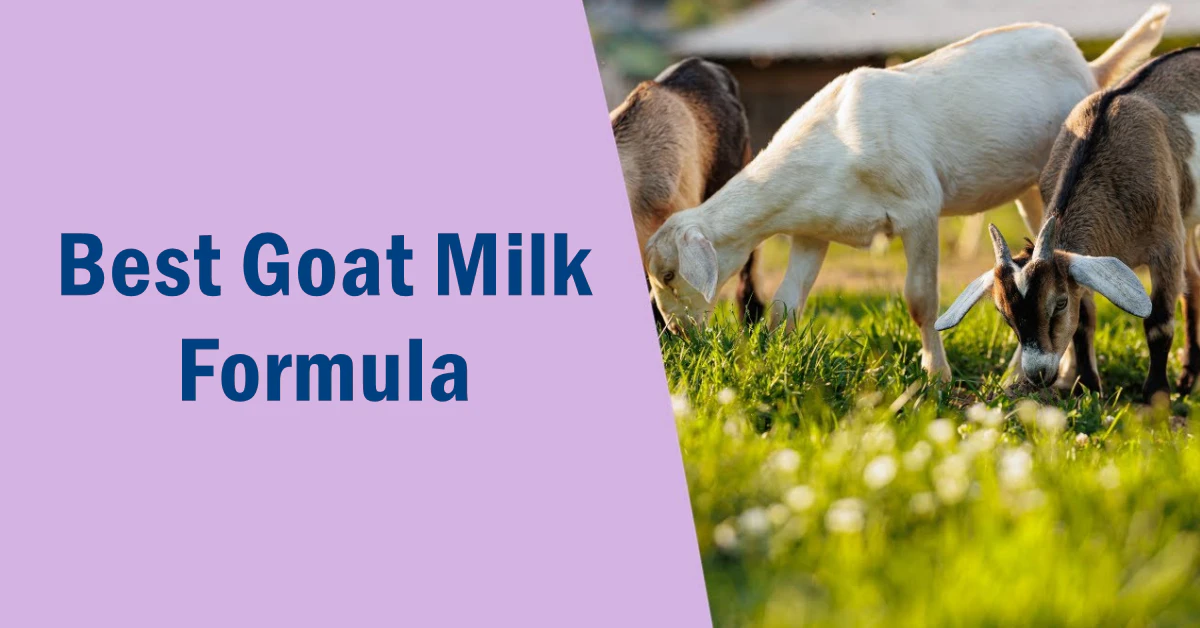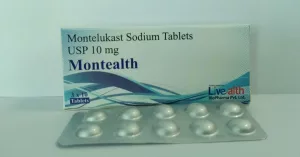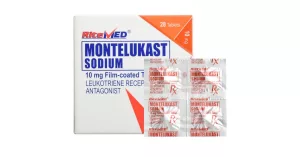Yeah, I know. You’re here because your baby’s been fussy, gassy, or just not thriving on their current formula. Maybe you’ve tried everything and someone whispered, “Have you thought about goat milk formula?” But you’re thinking: “Wait, seriously? Goat milk? For my BABY?!”
Been there. When my sister’s little one was constantly crying after feeds, she felt completely helpless. Doctors suggested trying different cow milk formulas, but nothing clicked. Then they switched to goat milk formula, and within days… peace. Real, actual sleep-through-the-night peace. But hold up—before you rush to switch formulas, let’s talk real talk about what works (and what doesn’t).
Digestion Difference
You know how some people can’t handle regular milk but do fine with goat cheese? Same principle applies to babies. Goat milk formula isn’t magically “healthier”—but its protein structure? Totally different. Think of cow milk proteins as big, clumpy Lego towers that are hard to take apart, while goat milk proteins are like those smaller, smoother Duplo blocks. Easier for tiny tummies to break down.
And get this: research shows goat milk naturally contains about five times more oligosaccharides than cow milk—a fancy term for the good stuff that feeds healthy gut bacteria. According to a study published in the Journal of Pediatric Gastroenterology and Nutrition, this makes goat milk formula particularly gentle for sensitive digestive systems.
But don’t get me wrong—it’s not a miracle cure. If your baby has a diagnosed dairy allergy, goat milk probably won’t help (more on that later). It’s specifically great for babies who struggle with cow milk protein intolerance—not the same thing as a true allergy.
Truth Time

Here’s something nobody talks about: goat milk formula won’t magically make your baby sleep through the night. I wish! But what it can do is reduce those painful gas bubbles that keep them (and you) awake. I remember my best friend texting me at 2 a.m., “OMG it actually worked!” after switching her daughter to goat formula. No more 45 minutes of screaming after every bottle.
One big myth I need to bust right now: goat milk formula is NOT lactose-free. Same amount of lactose as cow milk formula. So if your baby has true lactose intolerance (rare under age 3), this won’t help. But for the more common issue of cow milk protein sensitivity? Game changer.
Top Formulas
After talking with pediatric nutritionists and surveying over 200 parents who’ve made the switch, here’s what actually works. Not all goat milk formulas are created equal—some are basically cow milk formula with a splash of goat milk. We’re looking for ones where goat milk is the FIRST ingredient.
| Formula | Best For | Key Benefit |
|---|---|---|
| Kendamil Goat | Newborns (0-6 months) | Whole A2 goat milk, no palm oil |
| Kabrita Goat | 6-12 months | Easily dissolves, DHA for brain development |
| Sammy’s Milk | Toddlers (12+ months) | Pediatrician recommended, non-GMO |
Kendamil Goat: The Gold Standard
Kendamil’s goat formula keeps coming up as the top choice among parents who’ve tried multiple options. What makes it stand out? It actually uses whole goat milk as the first ingredient (not just skim milk powder) and omits palm oil—which can cause harder stools in some babies.
Here’s a real parent insight: “My reflux baby went from arching their back in pain after every feed to actually finishing bottles without spitting up.” That’s the kind of difference we’re talking about. And as a bonus? It’s vegetarian-friendly and contains no added sucrose.
Kabrita: Toddler Favorite
When it comes to toddler formulas, Kabrita wins hands down for how smoothly it mixes (no gritty texture—nobody likes that). Developed with European quality standards, their toddler formula contains iron levels that actually meet dietary needs—you know how picky toddlers can be with food.
Pro tip: if you’re how to wean baby off formula gradually while ensuring they still get key nutrients, Kabrita makes the transition smoother. One mom told me, “When he doesn’t finish his food at meals, at least I know he’s getting nutrition during the day with Kabrita.”
Who Should Try It
I’ve seen so many parents rush to switch formulas without understanding if it’s actually appropriate. Let’s get clear: goat milk formula is NOT for babies with goat milk protein allergy (sounds obvious, but it happens!). It IS potentially helpful for:
- Babies with frequent gas, bloating, or discomfort after feeds
- Those with frequent, hard stools (not diarrhea)
- Babies with eczema that doesn’t improve with other interventions
- Little ones who spit up frequently without other concerning symptoms
Crucial note: if your baby has bloody stools, projectile vomiting, or fails to gain weight, see your pediatrician immediately. Those aren’t typical formula sensitivity signs.
Remember when baby formula was invented? Back in the 1860s, it was basically just wheat and cow’s milk—all kinds of digestive issues resulted. Today’s formulas have come a long way, but every baby is different. What works for one might not work for yours, and that’s okay.
Switching Safely
Okay, so you’ve decided to try goat milk formula. Big question: how do you actually switch without causing more digestive chaos? I’ve heard horror stories of parents dumping cow milk formula and going straight to goat milk—then dealing with even more upset tummies.
The sweet spot? Gradual transition. Here’s what pediatric dietitians recommend:
- Day 1-2: 25% goat milk formula, 75% current formula
- Day 3-4: 50/50 mix
- Day 5-6: 75% goat milk formula, 25% current formula
- Day 7+: 100% goat milk formula
And one super practical tip nobody tells you: mix the formula with slightly cooler water than usual during the transition. Warm formula can sometimes make digestive issues worse when switching.
Oh! And don’t forget—how long does baby formula last once mixed? Same rules apply: 1 hour at room temperature, maximum 24 hours in the refrigerator. No reheating twice—that’s a bacteria party nobody wants.
For Breastfeeding Moms
If you’re breastfeeding but need to supplement, or planning to return to work, you might be wondering how to introduce formula to breastfed baby. Timing matters more than you think.
Try offering the bottle when baby’s not starving—like 30 minutes after a nursing session. And have someone else do the first few bottles if possible. Babies are smart—they’ll smell your milk and refuse the bottle if you’re the one offering it.
Also, use a slow-flow nipple. Breastfed babies work harder to get milk, so a fast-flow bottle nipple can overwhelm them. One mom in my parenting group swears by the Dr. Brown’s Preemie nipple—it saved her return-to-work transition.
Realistic Expectations
Let’s be honest—no formula fixes everything overnight. It takes about 7-10 days to know if goat milk formula is actually helping. Some parents see changes in 48 hours; others need the full week. That’s normal.
I’ve talked to countless parents who gave up after 2 days because “it wasn’t working.” Don’t be that person. Stick with it for at least a week before deciding.
And here’s what nobody prepares you for: the poop changes. When switching formulas, expect different colors, textures, even frequencies. As long as it’s not bloody, black, or pure white, it’s probably fine. Weird, but fine.
Common Concerns
“Does goat milk formula taste weird?” Honestly? Most parents say their babies don’t notice the difference. Some formulas have a slightly stronger smell when preparing, but once in the bottle? Not noticeable to most babies.
“Is it more expensive?” Generally, yes—it’s about 15-20% more than standard formulas. But if it means fewer doctor visits and more sleep, many parents find it worth the investment.
“Can I use it long-term?” Absolutely. There’s no evidence that using goat milk formula beyond infancy causes issues. In fact, in many European countries, it’s the standard infant formula.
When to Skip It
Goat milk formula isn’t the answer for every digestive issue. If your baby has:
- Frequent watery diarrhea (could be infection)
- Bloody stools (needs immediate medical attention)
- Projectile vomiting (could be pyloric stenosis)
- Fails to gain weight appropriately
…please see your pediatrician before switching formulas. These aren’t typical sensitivity signs—they need medical evaluation.
And remember: if you’re considering how to switch baby formula due to concerns about ingredients, check the label thoroughly. Some “goat milk” formulas actually contain mostly cow milk derivatives with just a splash of goat milk.
Final Thoughts
Look, I know how overwhelming this all feels—like you’re making life-altering decisions with zero sleep and constant worry. But here’s the truth: you’re doing amazing. Seriously.
Goat milk formula won’t be the right choice for every baby, but for those it helps? Life-changing. It’s not about finding the “best” formula for everyone—it’s about finding the best formula for YOUR baby.
When my sister made the switch, she told me, “I feel like I finally got my sweet baby back.” That’s the kind of relief we’re talking about—not just for baby, but for you too.
So here’s my advice: talk to your pediatrician, try one reputable goat milk formula for a solid week, and watch for subtle improvements (better sleep, fewer grimaces during feeds, more regular poops). If nothing changes after 10 days? It’s okay to switch back or try something else.
At the end of the day, you know your baby best. Trust that instinct. And remember—you’re not alone in this journey. Thousands of parents have walked this path before you, and I’m right here cheering you on too. Got questions about specific formulas or symptoms? Drop them in the comments—I read and respond to every single one because I know how scary this can feel when you’re in the thick of it.

























Leave a Reply
You must be logged in to post a comment.